Sommaire
Pagination de ldition papier
Guide
 InterVarsity Press
InterVarsity Press
P.O. Box 1400 | Downers Grove, IL 60515-1426
2022 by Ruth Haley Barton
All rights reserved. No part of this book may be reproduced in any form without written permission from InterVarsity Press.
InterVarsity Press is the publishing division of InterVarsity Christian Fellowship/USA. For more information, visit intervarsity.org.
Scripture quotations, unless otherwise noted, are from the New Revised Standard Version Bible, copyright 1989 National Council of the Churches of Christ in the United States of America. Used by permission.
All rights reserved worldwide.
While any stories in this book are true, some names and identifying information may have been changed to protect the privacy of individuals.
The publisher cannot verify the accuracy or functionality of website URLs used in this book beyond the date of publication.
Cover design and image composite: David Fassett
ISBN 978-1-5140-0264-3 (digital)
ISBN 978-1-5140-0263-6 (print)
This digital document has been produced by Nord Compo.
FOR MY FAMILY
the best part of any sabbath
AND FOR THE TRANSFORMING CENTER,
who has given me the gift of sabbaticalmore than once
with such love and generosity.
It is one of the main reasons I am still here!

Because we do not rest, we lose our way.
WAYNE MULLER
FOREWORD
RONALD ROLHEISER
THERE IS A KIND OF HURRY that is a form of violence exercised upon time that is detrimental to our health, to our families, to our communities, and to our relationship with God. Admittedly, there are times when the demands of relationships, family, work, school, church, childcare, shopping, health, appearance, housework, meals, bill payments, commuting, accidents, interruptions, illnesses, and countless other things eat up more time than is seemingly available. Living under pressure is part of life. Still we have to be careful not to rationalize. God didnt make a mistake in creating time; God made enough of it. When we cannot find enough time and, as the psalmist says, find ourselves getting up earlier and going to bed later because we have too much to do, we can see this as a sign to make some changes in our lives. When we allow ourselves to be driven like this for too long, we end up doing violence to time, to ourselves, and to our blood pressure.
Whats the answer? There is no simple answer, but there is a divinely given counsel regarding how we can prevent ourselves from becoming addicted to pressure and rushing headlong through our lives. Indeed, its more than counsel to lower blood pressure, its one of the Ten Commandments: Remember to keep holy the sabbath day.
When we look at this, the fourth commandment, it is more profitable to ask what is bidden by it rather than what is forbidden by it. What is the positive challenge of God telling us to rest one day a week?
For most of us, I suspect, the fourth commandment has simply meant that we could not do our normal work on Sundays and that we are encouraged to go to church that day. Until recently, Western culture played along and most non-vital businesses and commerce shut down on Sundays. Moreover, if we transgressed, we quickly confessed: I missed going to church or I worked on Sunday.
Today, theres a lot of confusion about what it means to keep the sabbath day holy. Worse still, for the most part, this commandment is simply ignored. As Wayne Muller points out, we have turned a commandment into a lifestyle suggestion. More and more, its business as usual on Sundays; many of us are obliged to work on that day, church attendance is declining steadily, and we are living increasingly pressured lives.
In light of all of this, we need to ask again, What does it mean to keep holy the sabbath day?
It means more things than we imagine. In this much-needed book, Ruth Haley Barton gives us a theology, spirituality, and anthropology of sabbath, explicating what sabbath means, why it is so important in our lives, and how we might practice it today inside all the pressures of our lives. Furthermore, she calls us to consider the communal nature of sabbath-keeping so that our life together in communities supports and catalyzes this key practice of our Christian faith.
Addressing leaders regarding their role in leading communities that practice together, Barton makes it clear that observing sabbath is critical, religiously and psychologically. Unless we pull back from our normal lives regularly to rest, worship, and forgive, we will lose perspective on what is ultimately important and become compulsive, driven, hurrying persons caught up in pressureambitious, greedy, resentful, unable to pray, unable to forgive, and unable to simply enjoy life. Its no accident that as sabbath observance is slipping today, we find ourselves feeling ever more trapped and more pressured, always behind, never really able to rest deeply, and less able to delight in the deep joys of life.
Good leaders seek to receive sabbath as a gift in their own lives and are faithful to share that gift with others. We need to reground ourselves in a spirituality of sabbath.
God gave us the sabbath. Jesus taught us that we werent made for the sabbath but that sabbath was made for us. Ruth Haley Barton reminds us that sabbath time is our time, our chance to rest, to worship God, to forgive each other, to taste a wee bit of heaven, and to be more in sympathy with all that is, not least our own lives.
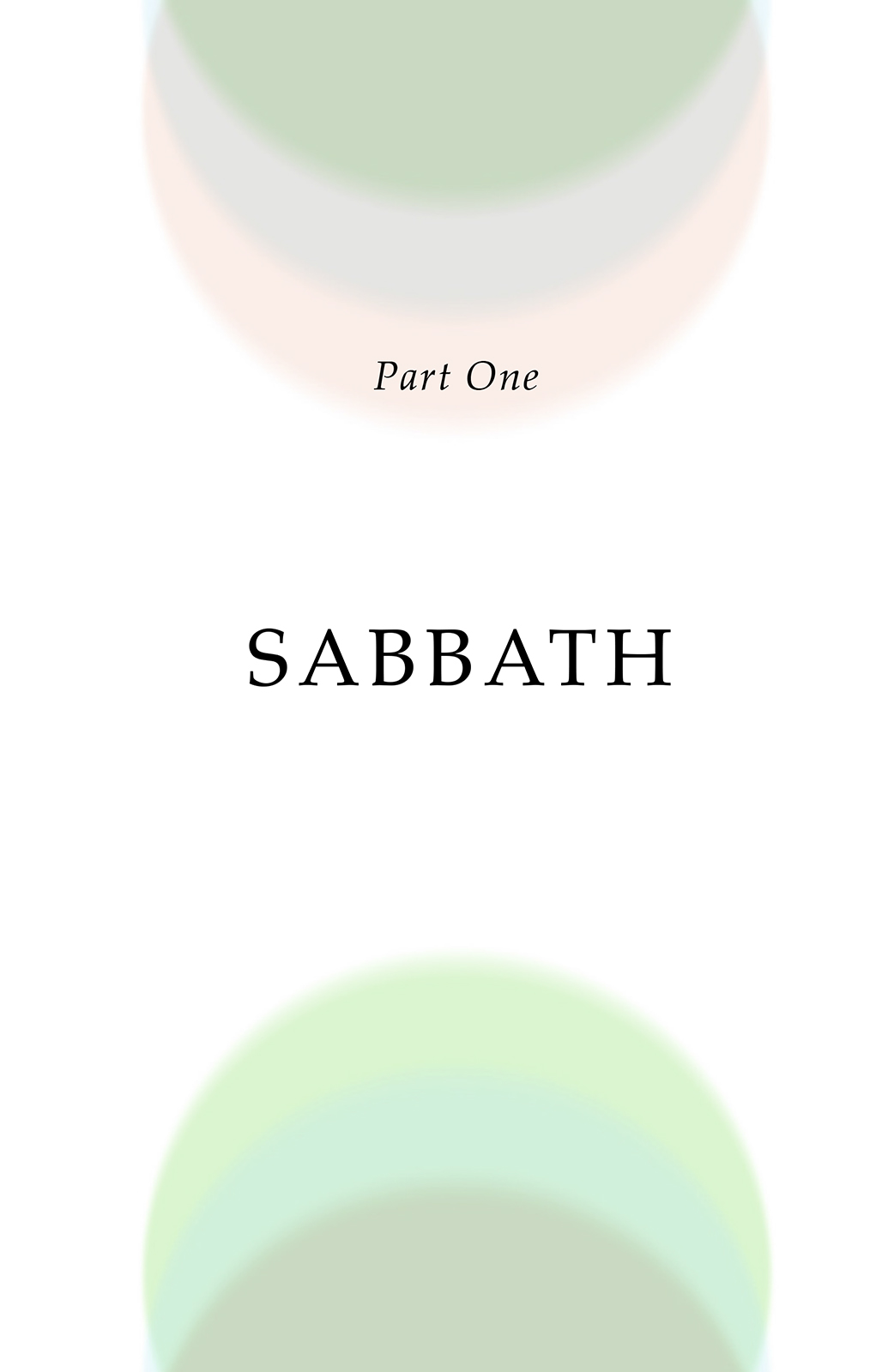
SABBATH and the SEASONS of LIFE

Our Sabbath project grew out of a desire to see what would happen if, on one day out of seven, we stopped working, striving, and hurrying. The result of this experience was clarifying, expansive, freeing. It was also annoying, difficult and odd. Our house was a perpetual wreck. We fell behind on work and domestic tasks. Our day-long togetherness sometimes drove us crazy. Yet we wouldnt trade the experience for anything.
MARYANN MCKIBBEN DANA
INVARIABLY WHEN I SPEAK about the sabbath, someone will raise a hand and ask about the challenges of practicing sabbath in a family with young children or they might even make a statement like, I take my sabbath on Mondays while my kids are at school. If they ask what I think about that, my first response is to say that I completely understandfamily life is sometimes part of what we feel weary from and we may be afraid that the effort required to harness a whole family to practice sabbath would take more from us than it could possibly replenish.
At the same time, I always feel slightly uncomfortable upon hearing this for the simple reason that sabbath is and always has been a practice for people to enter into with those closest to them. So while I understand why people might gravitate toward practicing sabbath while children are at school, I cannot recommend it. Instead I believe we are called to explore sharing sabbath with our families and others with whom we share our lives. Being open, curious, and experimental about how we might do this is simply another aspect of the communal nature of sabbath that warrants our attention and intention.

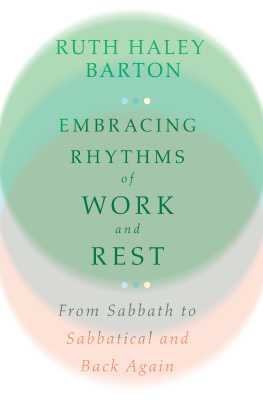
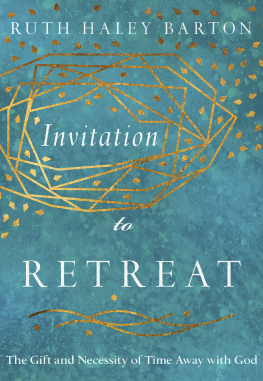
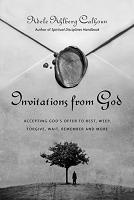
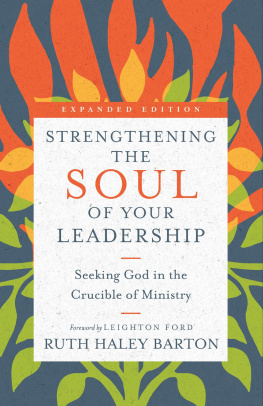
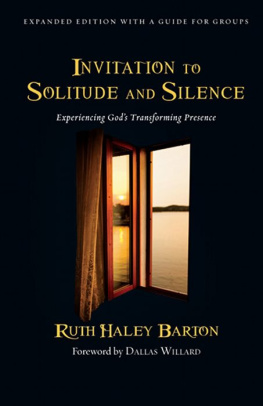
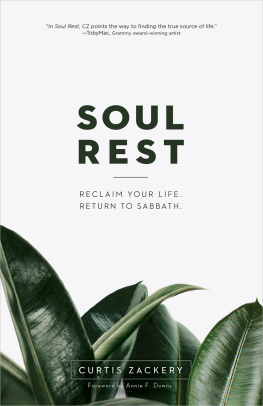
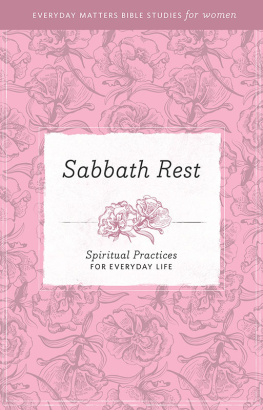
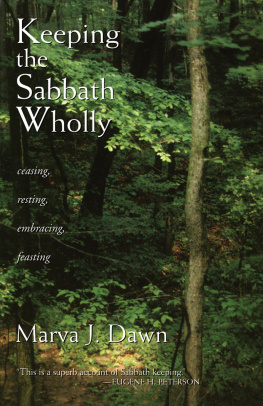

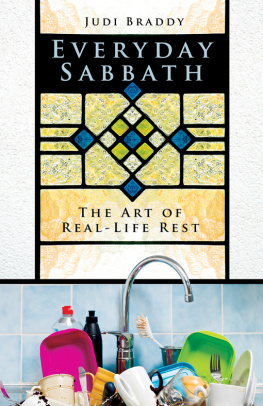
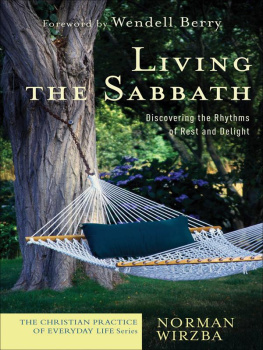

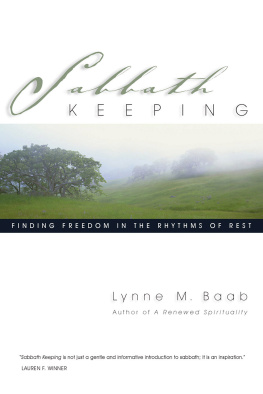
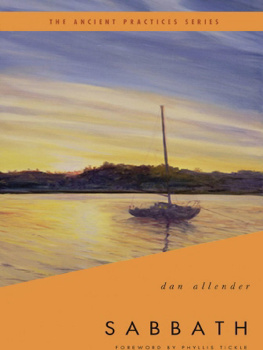
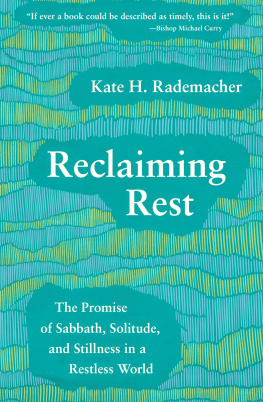



 InterVarsity Press
InterVarsity Press
